
Aluminum Scuba Tanks: 5 Benefits Vs Steel Alternatives
Aluminum scuba tanks offer 5 key benefits over steel alternatives: they are lighter (average 31 lbs vs. 28-35 lbs for steel), more buoyant (reducing weight needs), corrosion-resistant (no rust), an...
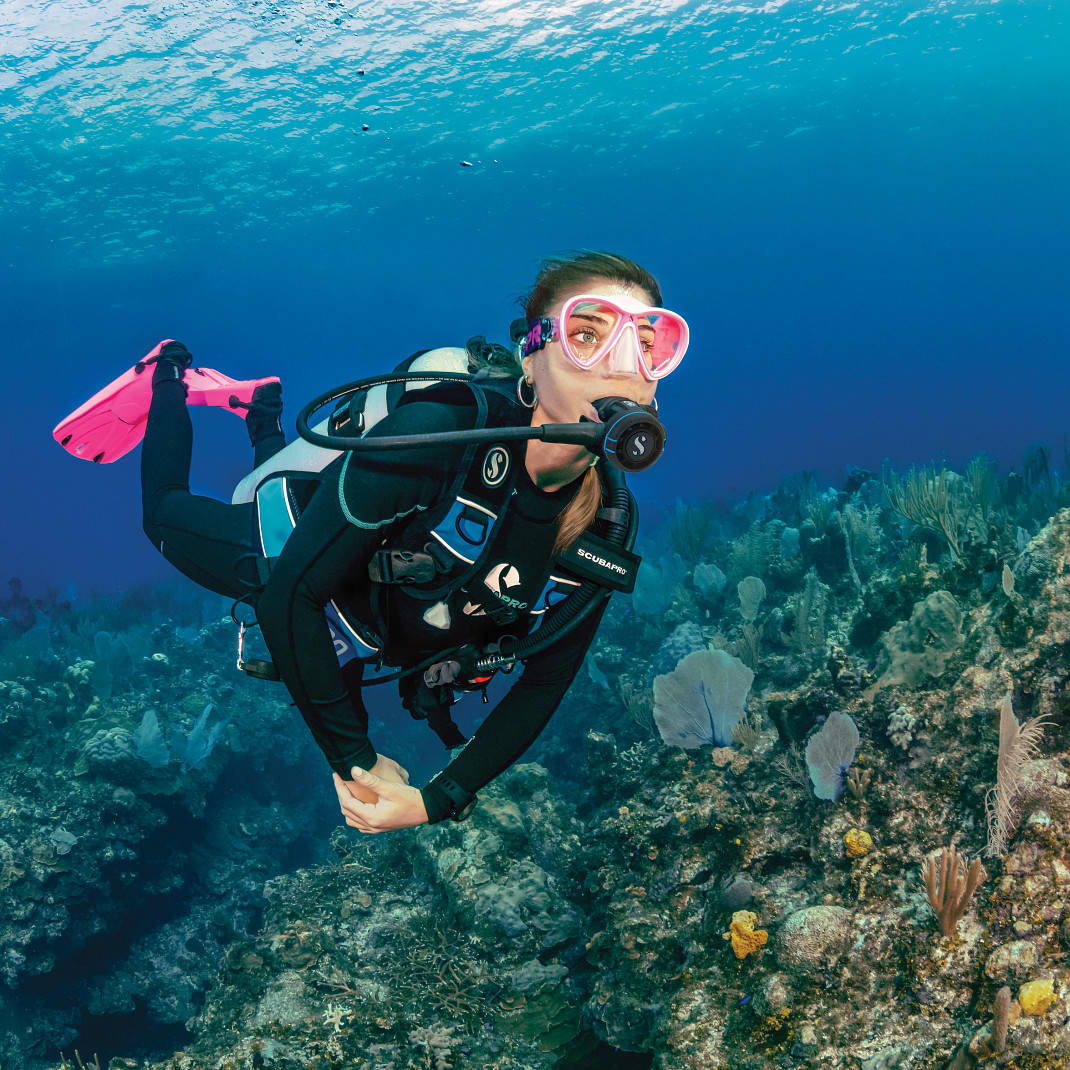
Scuba Gear Storage: 5 Tips to Prevent Damage
Properly storing scuba gear extends its lifespan by up to 50%. Rinse equipment with fresh water after each use to remove salt and debris, then hang wetsuits to dry inside-out in a shaded area to pr...
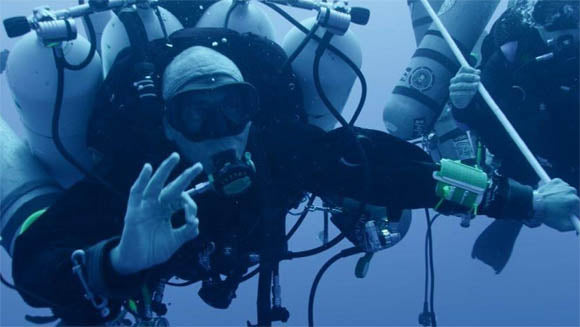
Gear Certification: 5 Scuba Standards Decoded
"Gear Certification: 5 Scuba Standards Decoded" explains key safety benchmarks for dive equipment. EN250 (EU) and UL1191 (US) certify regulators for depth up to 50m, while ISO 24801 grades diver tr...
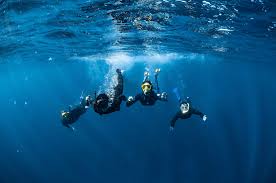
Snorkel Gear Care: 5 Anti-Fog Solutions
To keep your snorkel gear fog-free, try these 5 solutions: 1) Baby shampoo mixed with water (1:10 ratio) creates an effective DIY anti-fog film. 2) Commercial anti-fog sprays last 4-6 hours per app...
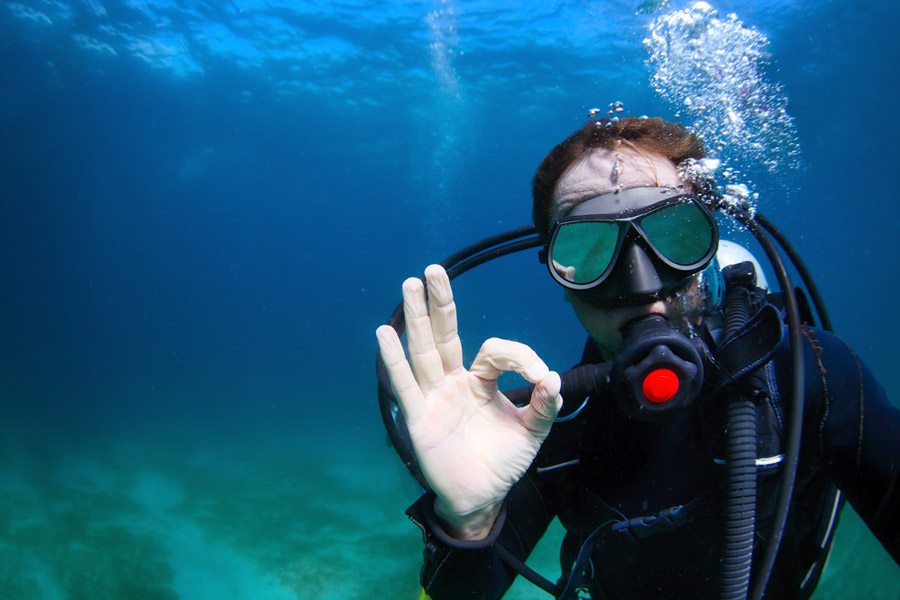
Essential Snorkeling Gear: 5 Dive Compatible Items
For a safe and enjoyable snorkeling experience, 5 essential dive-compatible items include a tempered glass mask (providing 180° visibility), a dry-top snorkel (preventing water entry), flexible fin...
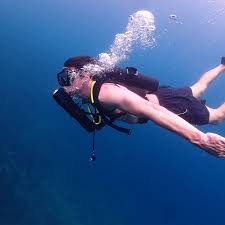
Saltwater Corrosion Prevention: 5 Mini Tank Care Steps
To prevent saltwater corrosion in mini tanks, rinse with freshwater after each use (2-3 mins) to remove salt residues, apply silicone-based lubricant monthly on metal parts, inspect seals weekly fo...